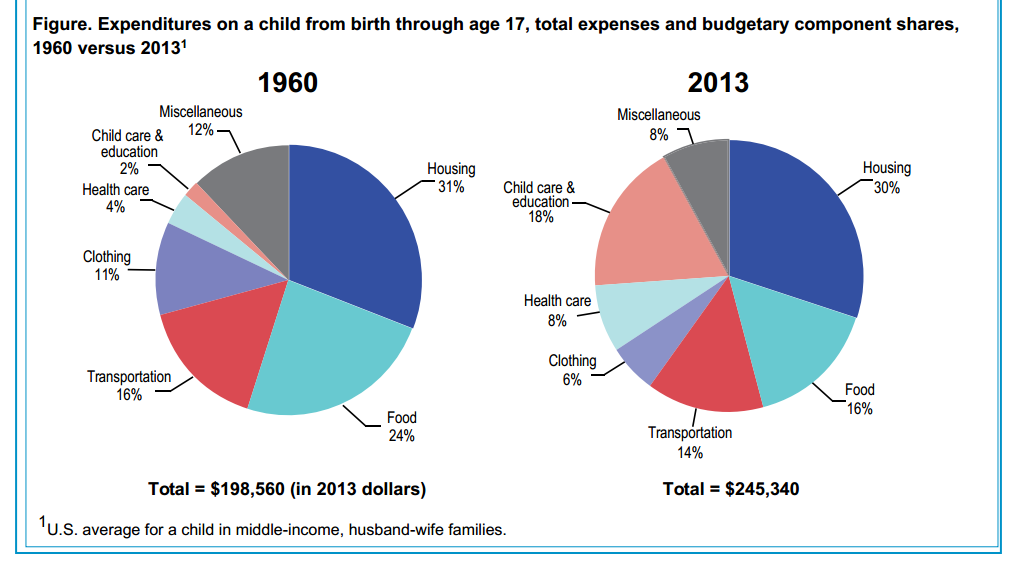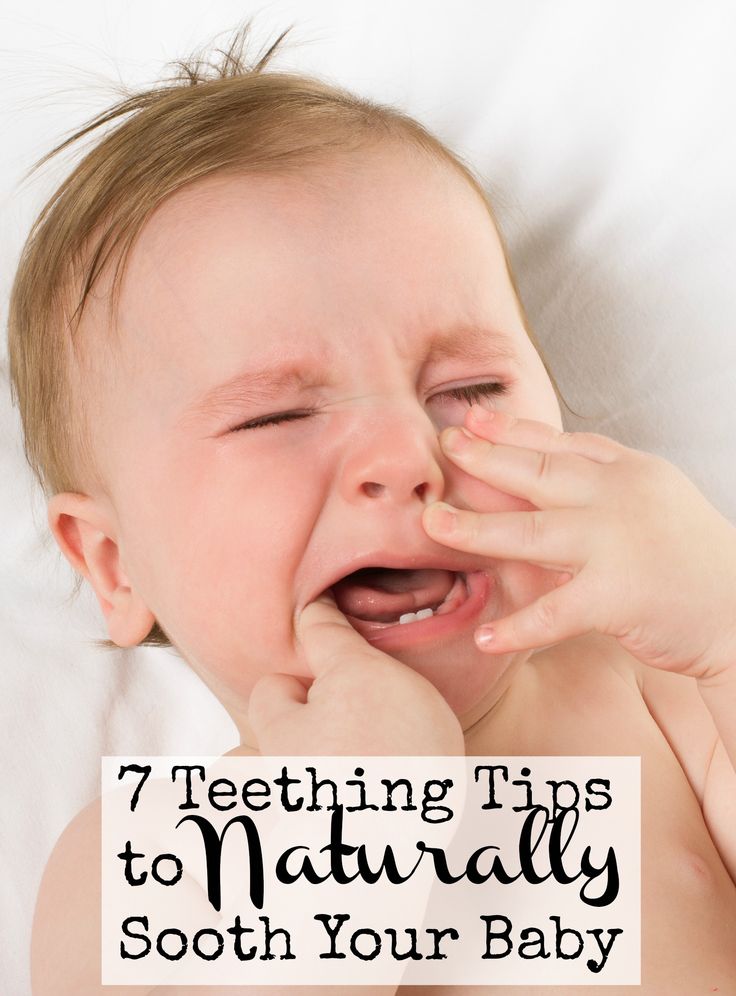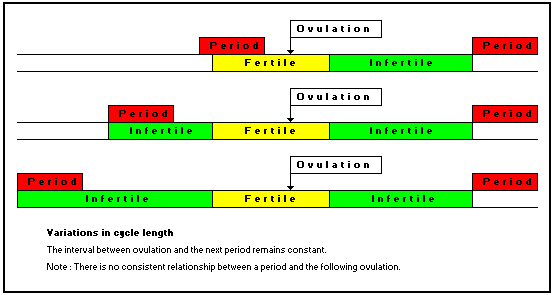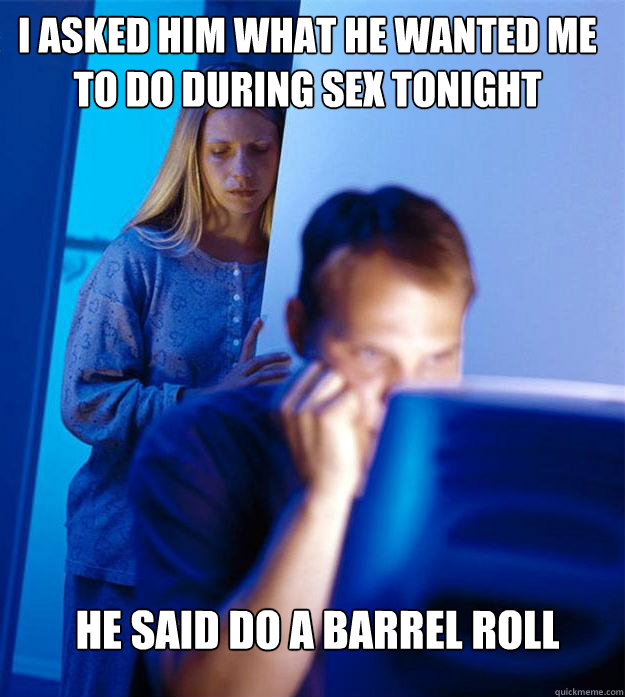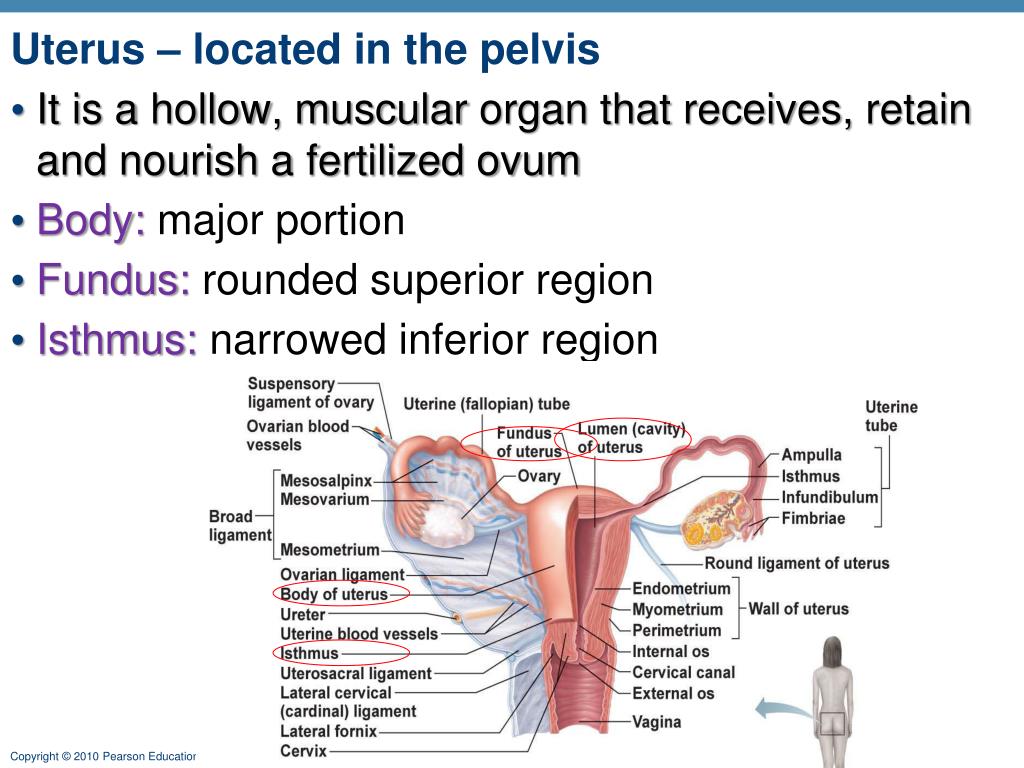How to make child stop putting fingers in mouth
Helping Your Kids Keep Their Hands Out of Their Mouth
This is a guest post written by Anne Venables, a certified Speech-Language Pathologist and Orofacial Myologist. We met Anne when our daughter Mia was 4-years old and she helped her break her thumb sucking habit—in just a few days!
“Please, take your fingers out of your mouth.”
Has this request taken on added urgency at your house these days?
With the spread of COVID-19, we are all hyper-aware of how clean we are keeping our hands and what we are putting in our mouths. But, for children, hand and mouth often go together as well as peanut butter and jelly!
Why hand in mouth?
What is it about this connection that makes it so appealing? And what do we do about it?
Tiny babies, even babies in utero, put their hands in their mouths. Mouths are action centers for babies. But a baby’s mouth at 2 months of age is not the same as a baby’s mouth at 3 months of age or at 6 months of age and so on. The rapid change that happens in the mouth is amazing!
For example, before 1 month, an infant locates something to put in the mouth by using the rooting reflex. By 1 month of age, the rooting reflex is coming under control. By 2 to 3 months of age, baby can bring a toy to the mouth. By 5-6 months, an important stage of discriminative mouthing gets underway. At this point, baby begins to use the mouth to explore the world! New textures, new shapes, new toys, her toes, your fingers… it is all there to explore. So as early as 5-6 months, babies can begin to find ways to calm with mouthing toys or soft, solid food and even by taking sips of liquid.
The mouth as a way to calm
The book Nobody Ever Told Me (or my Mother) That by Diane Bahr provides this information and so much more. Diane points out in her book that most adults use sips of ice water or warm tea or a piece of gum instead of thumb or finger sucking. Taking sips of water and mouthing toys or soft food is a step in that direction for baby.
Be open to new possibilities
But what do you do if, like me, you didn’t know this information and your children are now focused primarily on sucking a thumb or a finger? Or what if they are biting their nails down to the quick? That deserves another blog, but much of this information still applies.
Well, if this is the case, I would say, “Forward, take the next step forward.”
Keeping in mind that as early as 5-6 months of age babies are prepared to chew and mouth objects, you can provide alternatives to thumbs and fingers and hands to mouths. Some good options for chewing are Chewy Tubes and ARK’s Grabbers.
Options for chewing and mouthing are age and child dependent. While mouths need to stay busy, hands need to be busy as well. Play is the child’s paradise and what better way to keep hands from mouth than to play. Start to look at fidget toys in a new light. And for older children, explore options such as bracelets, rings, putty, finger knitting…. The list is long.
When more is needed
What if the finger or thumb sucking habit is so entrenched that options like those I have suggested do not hold water? What if thumb or finger sucking seems to be the primary way of calming for your child?
First, understand that it makes sense. As your child sucks a thumb or finger, the brain produces enkephalins and endorphins that decrease neurotransmission. These enkephalins and endorphins create a deep sense of calm and even sleepiness. It might seem counter-intuitive to eliminate a source of calming right now but the benefits clearly outweigh any negatives. Thumb and finger sucking have a powerful effect on the growth of the palate and early help to eliminate the habit can reap big rewards.
Also, the impact of germs is huge. When I work with children who suck a thumb or fingers, I can usually identify 7 -10 reasons why it would be better to do something else.
The silver lining
And the surprising outcome from stopping thumb or finger sucking is that children feel better. They discover new ways of calming and are often more engaged, more interested in play, more talkative and yes, research shows, they sleep better!
They discover new ways of calming and are often more engaged, more interested in play, more talkative and yes, research shows, they sleep better!
So, if thumb or finger sucking is an entrenched habit, it is time to get professional help. Engaging in a program like mine to systematically and positively change the habit can be incredibly empowering. Kids feel like super-heroes and so they should!
Many have said that there are gifts to be found in this time at home. Moving away from hands to mouth is one of them!
Sources:
Nobody Ever Told Me (or My Mother) That by Diane Bahr, 2010
Helping The Thumb Sucking Child by Rose Van Norman, 1999
Anne Venables is a certified Speech-Language Pathologist and Orofacial Myologist in private practice in Boulder, CO.
She is now also meeting clients online with a creative approach to teletherapy. Anne is passionate about helping children to move on from digit sucking and nail biting in a positive, fun
way
You can visit Anne’s website, follow her on Facebook, and she can be reached at frontrangespeech@gmail.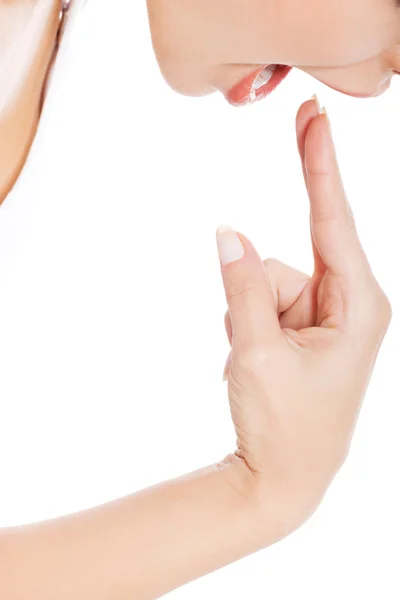 com.
com.
About Debbie Steinbock, HHC
After years of being told that she had an "incurable" chronic health condition, Debbie turned to her diet to help her understand her disease, restore her body, and regain control of her health. Her personal journey has given her the knowledge and compassion necessary to help her clients take an active role in their own healing. Since starting her practice in 2000, Debbie has successfully helped hundreds of people across the country to improve their diet, enhance their current state of health, and eliminate a variety of health conditions.
View all posts by Debbie Steinbock, HHC
Reasons & How to Deal With It
- Home
- Baby
- Health
- Safety Baby Putting Hands in Mouth – Causes and Tips to Deal With It
Many children tend to stuff their thumb into their mouth and keep sucking on it all day.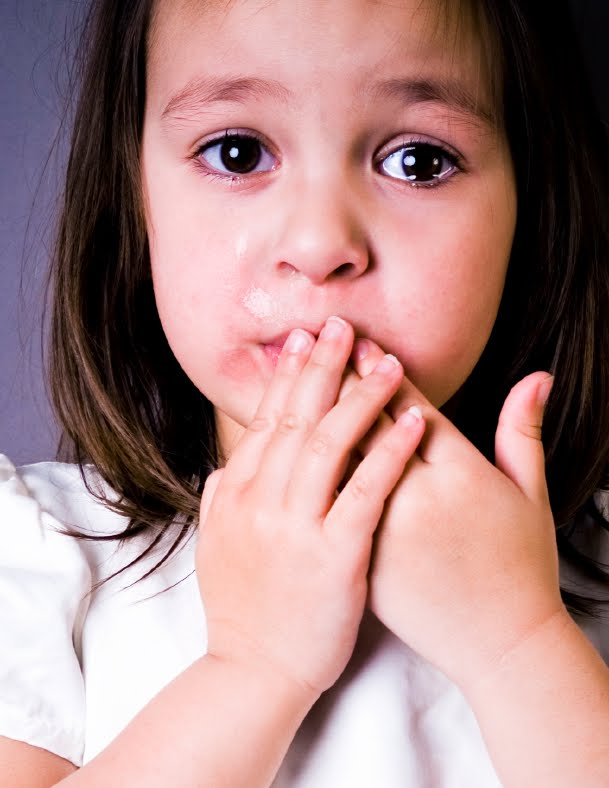 And if pull it away, you’ll get the angriest look ever, followed with incessant crying. Why does this happen and what can you do about it? We’ll tell you.
And if pull it away, you’ll get the angriest look ever, followed with incessant crying. Why does this happen and what can you do about it? We’ll tell you.
Video: Baby Putting Hands in Mouth – Reasons & How to Deal with It
Also Read: How To Stop Your Baby From Putting Everything In His Mouth?
Why Does Your Baby Keep Putting His Fingers in His Mouth?
There are many reasons why little ones suck on their thumbs and fingers. Some of them are:
- Most of the time, sucking on fingers is a baby’s way of handling a lot of stimulation. These could be new people, noise, and anything else that can get overwhelming for him. Sucking on something reminds him that he’s safe.
 This is usually accompanied by yawning or moving the head from one side to the other.
This is usually accompanied by yawning or moving the head from one side to the other.
- Another popular reason why babies suck on their fingers is hunger. They don’t understand that only the breasts holds milk, and think that sucking on their thumb will give them milk. This may also be a way of communicating that he is hungry. When babies go through growth spurts, During growth spurts, even after feeding, he may suck on his fingers.
- It may also be that your baby is bored, and so he is putting his hands inside his mouth. This can happen when he wants to play but everyone is asleep. At other times, your child might want to play with hanging toys. If they’re kept out of reach, he may suck his fingers instead.
- If your baby doesn’t spot you in the same room, is struggling to pass a fart or has a wet diaper, he may not start crying right away. Your baby might try to soothe himself by sucking his thumb with utmost focus.
- Many babies tend to sleep while feeding and develop the habit of having a nipple in their mouth when they fall asleep.
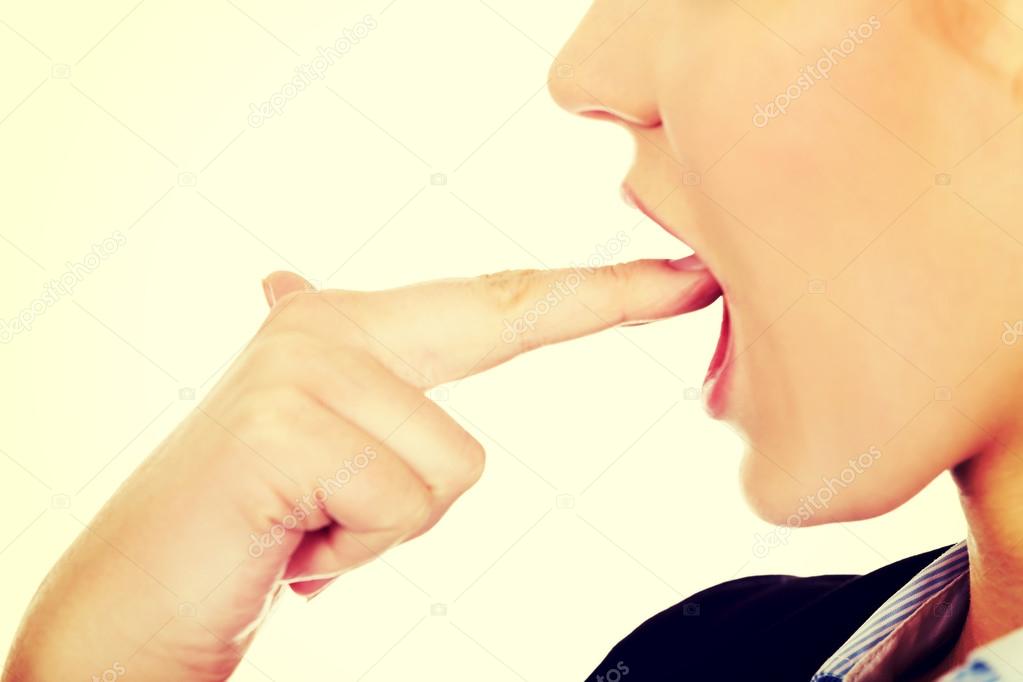 Your child could be using his fingers to put himself to sleep if he doesn’t find a breast or nipple.
Your child could be using his fingers to put himself to sleep if he doesn’t find a breast or nipple.
- As your baby gets older, the process of teething This causes pain and irritation in the gums, and a lot of drooling. Your baby might feel like chewing on something, to relieve the pain. Putting fingers in the mouth and pressing on them is the quickest way he handles the trouble.
- This may also be your baby’s way of exploring the world around him. AS his vision and hearing haven’t developed fully, he may depend on his sense of taste for getting to know the things around him.
How Long Does This Last?
The habit of thumb and finger sucking usually lasts till a baby turns 6 or 7 months old, and sometimes may continue till the age of 2. However, even a child who has stopped sucking may regress to it if he feels under stress.
How Can You Stop Your Baby From Putting His Hands/Fingers in His Mouth?
- If your baby is sucking on his finger, he might be hungry, especially if he is in the growth spurt Breastfeed him right away if possible, or feed him with bottled breastmilk or formula milk, if you need some rest.
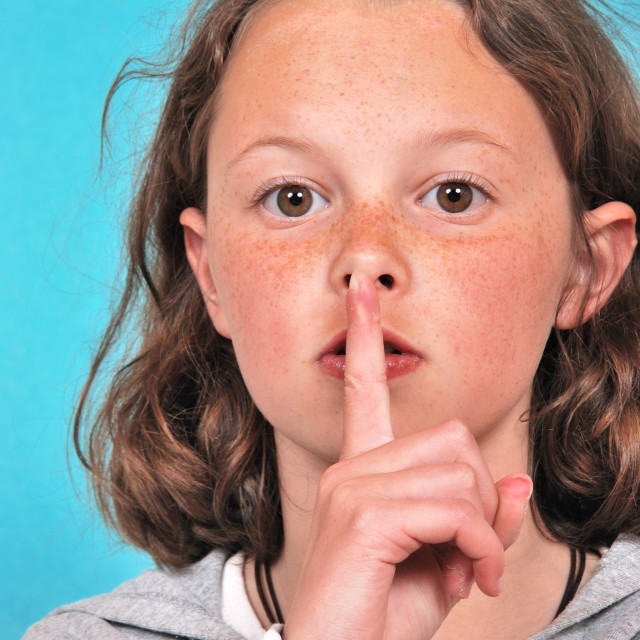 Do keep your doctor in the loop about his progress.
Do keep your doctor in the loop about his progress.
- If your baby shoves his entire fist into his mouth, you can entice him to remove his hand by giving a toy. This will make him want to grab it, for which he would have to bring his hand out. There is a good chance he will stuff the toy instead so opt for a soft toy or something that is clean and chewable. Some babies also keep sucking one hand and use the other hand to grab the toy.
- This might come as a surprise, but it is best to let your baby be himselfit is a good sign of his development and means that he is gradually getting independent. Do check whether his diaper is wet or he’s facing any discomfort.
- Teething pain can get out of hand for your little one. A quick home remedy is to use a cold teething ring. The low temperature can alleviate quite a lot of the pain he can chew on the ring without any worries.
- Some babies want to suckle even after they’ve had their fill.
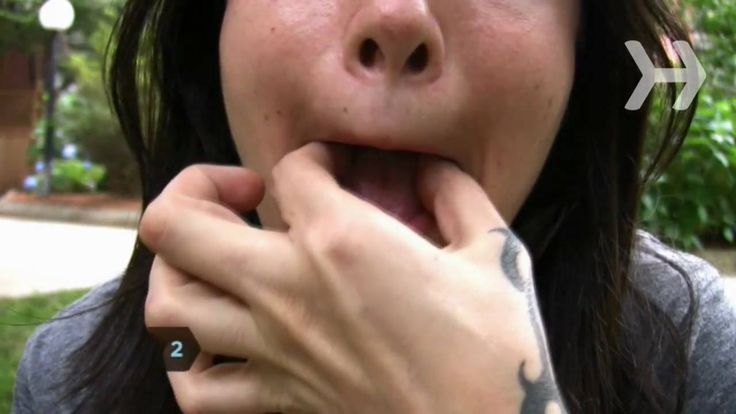 In such cases, to break this habit, you can give him a pacifier after every feed.
In such cases, to break this habit, you can give him a pacifier after every feed.
- Spend time with your little one. Talk to him, sing, or play with his favourite toy. With a little bit of stimulation, he can be distracted from sucking his fingers.
When Should I Be Worried?
Thumb and finger sucking isn’t a cause of concern till your baby’s teeth erupt. If your child’s teeth are in place and he still puts his hands inside his mouth, it can affect the positioning of the teeth. And this will increase the chances of dental problems. According to the American Academy of Paediatrics, only children above the age of 5 who have this habit need treatment.
There are various reasons babies put their hands in their mouth – from the most obvious to surprising ones. Be alert, and regularly opt for ways to stop your baby from doing that. Soon, he will either learn to distract himself and let go of the habit completely.
Also Read:
The Importance of Letting Your Baby Play on the Floor
How Babies Use Touch to Explore The New World
Baby Sleeping on The Floor: Pros and Cons
Previous article « Sex During Third Trimester – Making Love in Late Pregnancy
Next article 16 Simple & Reliable Homemade (DIY) Pregnancy Tests »
- RELATED ARTICLES
Simple tips.
 How to wean a child from bad habits - Moscow 24, 27.11.2017
How to wean a child from bad habits - Moscow 24, 27.11.2017 November 27, 2017, 13:43
Society
Do you notice that your child constantly bites his nails, sucks his thumb or puts everything in his mouth? How to deal with bad habits in children and what do they really talk about? The editors of the portal "Moscow 24" decided to help the parents and explained everything in pictures. The author of the images is Polina Breeva.
- Don't blame children for biting their nails, pulling out their hair, or picking their nose. Perhaps the reason for this is yourself. Nails in the mouth may indicate neuroses that provoke frequent quarrels between adults. Many habits appear due to a lack of attention, affection, too strict upbringing and punishment. Another possible reason is too early weaning. By themselves, these habits are not dangerous, but if you do not get rid of them, then, having become, for example, the president of a large company, in a difficult situation, you can start chewing your tie or picking your nose.
 At the same time, frequent anxiety can lead to more serious consequences, such as nocturnal enuresis.
At the same time, frequent anxiety can lead to more serious consequences, such as nocturnal enuresis. 1/8
Children should not be blamed for biting their nails, pulling out their hair, or picking their nose. Perhaps the reason for this is yourself. Nails in the mouth may indicate neuroses that provoke frequent quarrels between adults. Many habits appear due to a lack of attention, affection, too strict upbringing and punishment. Another possible reason is too early weaning. By themselves, these habits are not dangerous, but if you do not get rid of them, then, having become, for example, the president of a large company, in a difficult situation, you can start chewing your tie or picking your nose. At the same time, frequent anxiety can lead to more serious consequences, such as nocturnal enuresis.
- The habit of biting nails or "delicious" inedible objects, as a rule, appears from the age of three or four. Usually nails bite "themselves" and "themselves" bite when the child is worried or afraid of something.
 You should not scare the baby that if he tastes everything, he will soon become toothless, like a grandfather, and if he pulls out his hair, he will go bald. This will only increase his anxiety and inner tension. Instead, suggest brushing or combing your teeth more often.
You should not scare the baby that if he tastes everything, he will soon become toothless, like a grandfather, and if he pulls out his hair, he will go bald. This will only increase his anxiety and inner tension. Instead, suggest brushing or combing your teeth more often. 2/8
The habit of biting nails or "tasty" inedible objects, as a rule, appears from the age of three or four. Usually nails bite "themselves" and "themselves" bite when the child is worried or afraid of something. You should not scare the baby that if he tastes everything, he will soon become toothless, like a grandfather, and if he pulls out his hair, he will go bald. This will only increase his anxiety and inner tension. Instead, suggest brushing or combing your teeth more often.
- The list of bad childhood habits is complemented by licking and biting lips. Sucking on the upper or lower lip is hard to miss: they become bruised, inflamed and cracked, and in the wind and frost, the lips quickly become weathered, crusts form, on which infections or herpes can appear.
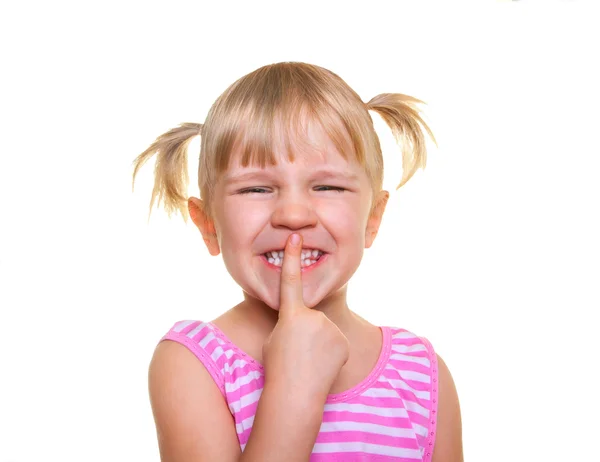
3/8
Licking and lip biting completes the list of bad childhood habits. Sucking on the upper or lower lip is hard to miss: they become bruised, inflamed and cracked, and in the wind and frost, the lips quickly become weathered, crusts form, on which infections or herpes can appear.
- If a child bites his nails, psychologists advise not to scold him for it. Instead, it is better to occupy the baby's hands with something. Give him a ball or paint with him. If you understand that he bites his nails out of boredom, while watching the cartoon, let him complete the puzzle.
4/8
If a child bites his nails, psychologists advise not to scold him for it. Instead, it is better to occupy the baby's hands with something. Give him a ball or paint with him. If you understand that he bites his nails out of boredom, while watching the cartoon, let him complete the puzzle.
- Older children should be taught by example to cut and clean their nails on time.
 You can buy a special children's manicure set for your child. Girls - offer to do a beautiful manicure (like mom) if she stops biting her nails.
You can buy a special children's manicure set for your child. Girls - offer to do a beautiful manicure (like mom) if she stops biting her nails. 5/8
Older children should be taught by example to cut and clean their nails on time. You can buy a special children's manicure set for your child. Girls - offer to do a beautiful manicure (like mom) if she stops biting her nails.
- The hardest thing is to get a child out of the habit of thumb sucking. Most often it is the thumb or index finger on the hand, less often the big toe. The constant pressure of the finger on the front teeth can lead to a defect, since the tissues that hold the teeth are very plastic during childhood. With frequent thumb sucking, the incisors of the upper jaw may grow incorrectly. In addition, due to the habit of sucking a finger or biting nails, eggs of worms can enter the body along with dirt.
6/8
Thumb sucking is the hardest thing to get a child out of.
 Most often it is the thumb or index finger on the hand, less often the big toe. The constant pressure of the finger on the front teeth can lead to a defect, since the tissues that hold the teeth are very plastic during childhood. With frequent thumb sucking, the incisors of the upper jaw may grow incorrectly. In addition, due to the habit of sucking a finger or biting nails, eggs of worms can enter the body along with dirt.
Most often it is the thumb or index finger on the hand, less often the big toe. The constant pressure of the finger on the front teeth can lead to a defect, since the tissues that hold the teeth are very plastic during childhood. With frequent thumb sucking, the incisors of the upper jaw may grow incorrectly. In addition, due to the habit of sucking a finger or biting nails, eggs of worms can enter the body along with dirt. - It is not very pleasant to watch how children wield their fingers in the nose. In addition, because of this, they can be teased by their peers. But before moving on to getting rid of the habit, take a closer look at yourself and those around you. It may turn out that the baby adopted this habit from one of the adults. So, if you like to read in the toilet, then perhaps one day you will see that your children do the same.
7/8
It's not very pleasant to watch children use their fingers in their noses.
 In addition, because of this, they can be teased by their peers. But before moving on to getting rid of the habit, take a closer look at yourself and those around you. It may turn out that the baby adopted this habit from one of the adults. So, if you like to read in the toilet, then perhaps one day you will see that your children do the same.
In addition, because of this, they can be teased by their peers. But before moving on to getting rid of the habit, take a closer look at yourself and those around you. It may turn out that the baby adopted this habit from one of the adults. So, if you like to read in the toilet, then perhaps one day you will see that your children do the same. - When a child sucks his thumb, bites his nails, or bites his lips, it naturally soothes him. For the same reason, many adults put cigarettes or a bottle of beer in their mouths.
8/8
When a child sucks his thumb, bites his nails or bites his lips, it naturally calms him. For the same reason, many adults put cigarettes or a bottle of beer in their mouths.
psychology children iso-reportage
Mass media news2
How to wean a child from sucking his thumb: a step-by-step instruction from psychologists
First, let's figure out why this happens at all? Why does a child suck his thumb? Indeed, in fact, this is a fairly common occurrence, not only in families with kids, but also where there are preschoolers. At what age is thumb sucking normal?
At what age is thumb sucking normal?
— At the age of 2-3 months, the child finds his hands and immediately puts them into his mouth for examination, says child psychologist Ksenia Nesyutina . - This is absolutely normal, and if parents, worried that the child will suck their fingers in the future, do not allow sucking and put a pacifier in their mouth, then this harms the development of the child. Indeed, in order to start using the hands, in order to develop motor skills, the hands must first be found and examined by the mouth.
Well, if the baby has grown up, but the habit has remained, you need to figure it out. There are many reasons for thumb sucking.
- At about 1 year of age, thumb sucking may indicate an unsatisfied sucking reflex. As a rule, at this time, children are actively transitioned from breastfeeding or formula to regular food. Not all children easily adapt to this and sometimes begin to express lack by sucking their fingers, explains Ksenia Nesyutina. “At the age of 2 years, thumb sucking is usually a sign that something is bothering the child. Often these anxieties are associated with separation from the mother: the mother goes to her room for the night and the child, experiencing this, begins to calm himself by sucking his finger. But there may be other more complex anxieties. In the future, this may transform into the fact that the child will bite his nails, pick at wounds on the skin or pull out his hair.
“At the age of 2 years, thumb sucking is usually a sign that something is bothering the child. Often these anxieties are associated with separation from the mother: the mother goes to her room for the night and the child, experiencing this, begins to calm himself by sucking his finger. But there may be other more complex anxieties. In the future, this may transform into the fact that the child will bite his nails, pick at wounds on the skin or pull out his hair.
Thus, we understand: if the baby is just beginning to get acquainted with his body and the world around him, then let him calmly suck his fingers. Nothing will fade. But if time passes, the little person grows up and has been going to the garden for a long time, and the fingers are still “hiding” in the mouth, measures must be taken.
But weaning a child from sucking his thumb is not an easy task.
Photo: globallookpress.comFind the moment
It turns out that finger-to-mouth is not just a habit. According to our expert, thumb sucking can be psychologically an established compensatory mechanism.
According to our expert, thumb sucking can be psychologically an established compensatory mechanism.
“In other words, thumb sucking gives the child (compensates) something that he cannot receive emotionally,” says Ksenia Nesyutina. - For example, we are talking about an anxious mother - it is difficult for her to calm the child, give him support and confidence. In order to somehow calm himself, the child does not use “mom's calm”, but sucks his thumb. That is, the child is already 3-4-5 years old, and he is still calming down like a baby of 3-4 months - with the help of sucking.
To wean a child, you need to find the root cause. That is, to understand why the child puts his hands in his mouth, what he replaces in this way and how he can provide this need on an emotional level.
— It is important to pay attention to when the child puts his fingers in his mouth: for example, before going to bed, when he plays with toys himself, in the kindergarten. Most likely, these are stressful moments for the child.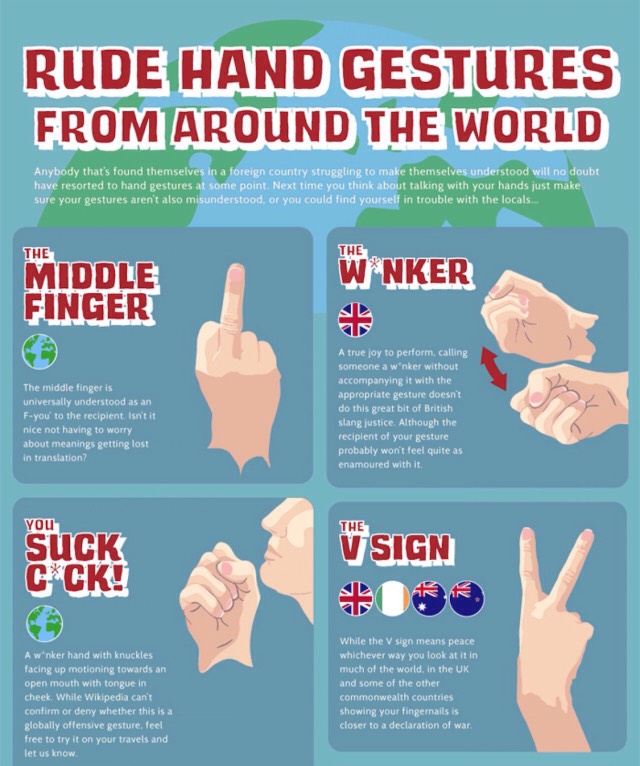 It is important to help the child adapt to this activity so that it does not cause so much anxiety in the baby, the psychologist recommends.
It is important to help the child adapt to this activity so that it does not cause so much anxiety in the baby, the psychologist recommends.
Through the game
It's probably not a secret for you that the game for children is not only an option to pass the time, but also a way to get to know the world around, help in development and sometimes even therapy.
Play can help a child deal with anxiety.
— If a child is older than 3 years, then from the point of view of psychology, it is possible to wean a child if the very need to suck his thumb goes away, — notes Ksenia Nesyutina. - That is, the child is anxious, and compensates for the anxiety by sucking his thumb. And here parents should be included: you can help to cope with anxieties, fears with the help of games, conversations, lullabies, reading fairy tales. It is much better if the child plays with toys or draws what he is afraid of, what he is worried about than just compensating for this tension by sucking his thumb.
Prohibit: yes or no
However, you must admit that it is very unpleasant to watch how a grown child slobbers his finger again. The parent is an adult, he understands that this is wrong, but not everyone knows how to respond competently. And what begins? “Remove your finger from your mouth!”, “So that I don’t see this”, “It’s impossible!” and everything like that.
But, firstly, such a technique does not always work. And secondly, it can be fraught with consequences.
“A direct ban on thumb sucking or other drastic measures, such as sprinkling pepper on fingers, lead to even more negative consequences,” emphasizes psychologist Nesyutina. - If earlier the child could not cope with psychological stress and compensated for it by sucking his thumb, now he cannot even do this. And what's going on? The tension goes inside, into the body and can subsequently manifest itself in even more “strange” behavior or even diseases.
Therefore, you should not solve the problem with a "whip" - it is better to re-read the previous two points again.
No stress - no problems
And there is also this story: everything seems to be fine, the child does not have bad habits, but suddenly - once! - and the child begins to suck his fingers. And the child, by the way, is already four years old!
Don't panic.
- In moments of stress, even a child of 3-4 years of age or even a preschooler may begin to suck his fingers. You can pay attention to this, but, as a rule, as soon as the stress is compensated, the habit disappears by itself, says our expert.
But stress can be different, and if you understand the reason (for example, the whole family moved to a new place or the grandmother scolded the child), then this can be said, consoled, reassured. And if thumb sucking occurs, it would seem, for no apparent reason, then it will not prevent the parent from “pricking up his ears” and trying to understand, ask the child what is bothering him or who scared him.
Pay attention to… yourself
No matter how blasphemous it may sound, it happens that the reason for the baby's anxiety lies in his… parents.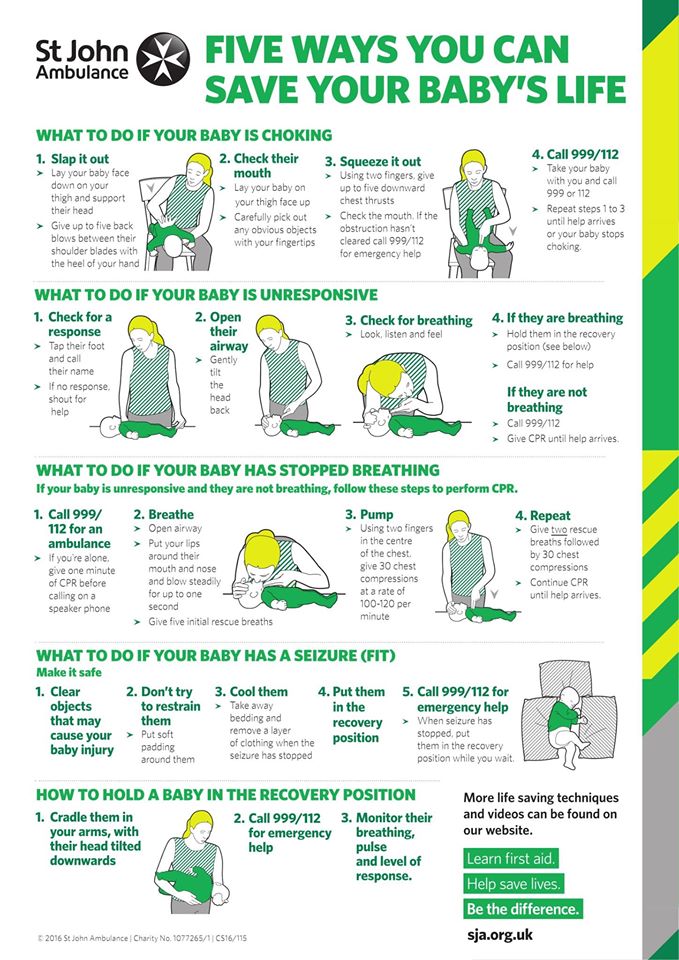 Yes, it’s hard to admit it to yourself, but it happens that it is the mother who creates the stressful situation.
Yes, it’s hard to admit it to yourself, but it happens that it is the mother who creates the stressful situation.
— Among other things, it is often helpful for a parent to see a psychotherapist himself. This helps to remove the emotional stress from the parent, which anxious mothers tend to broadcast to their children, says Ksenia Nesyutina.
Frequently asked questions and answers
What is the risk of constant thumb sucking?
— If you do not go into physiological problems that may be associated with bite, speech, then at least this is a symptom that says that the child has difficulties in the psycho-emotional plan. These are not necessarily complex unsolvable problems, but it is worth paying attention to and, perhaps, the parent should change the way they care for and communicate with the child, the psychologist recommends.
When should you seek help from a specialist?
It is necessary to go to a specialist if this issue is of great concern to the parent.
